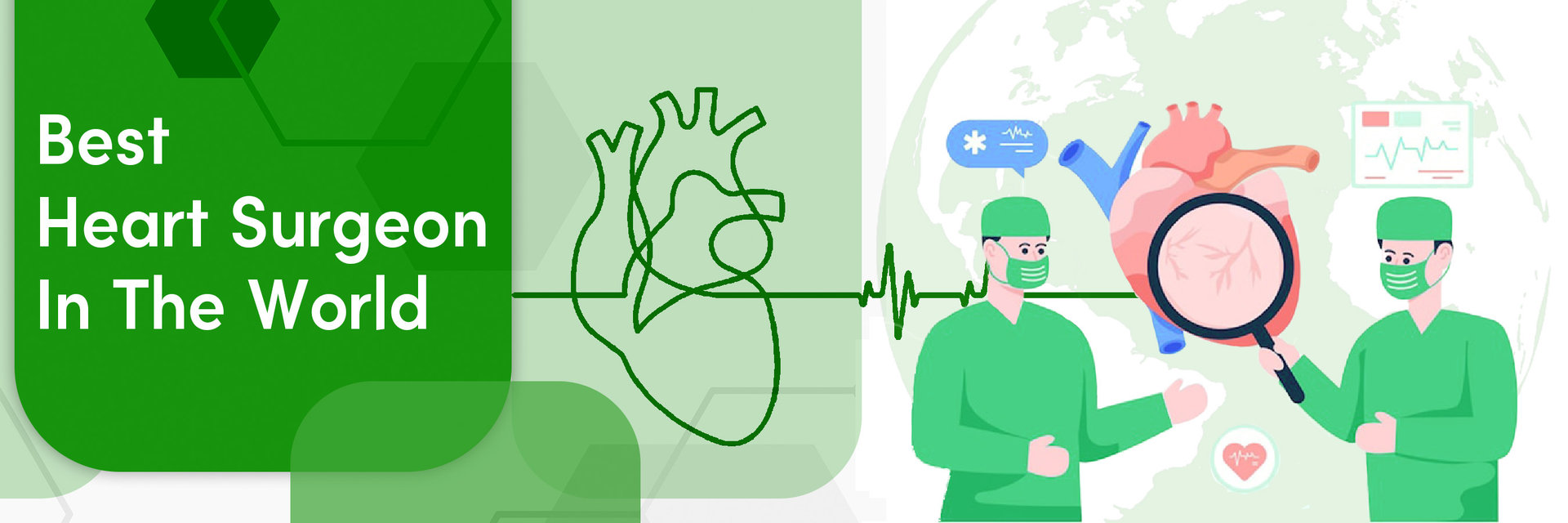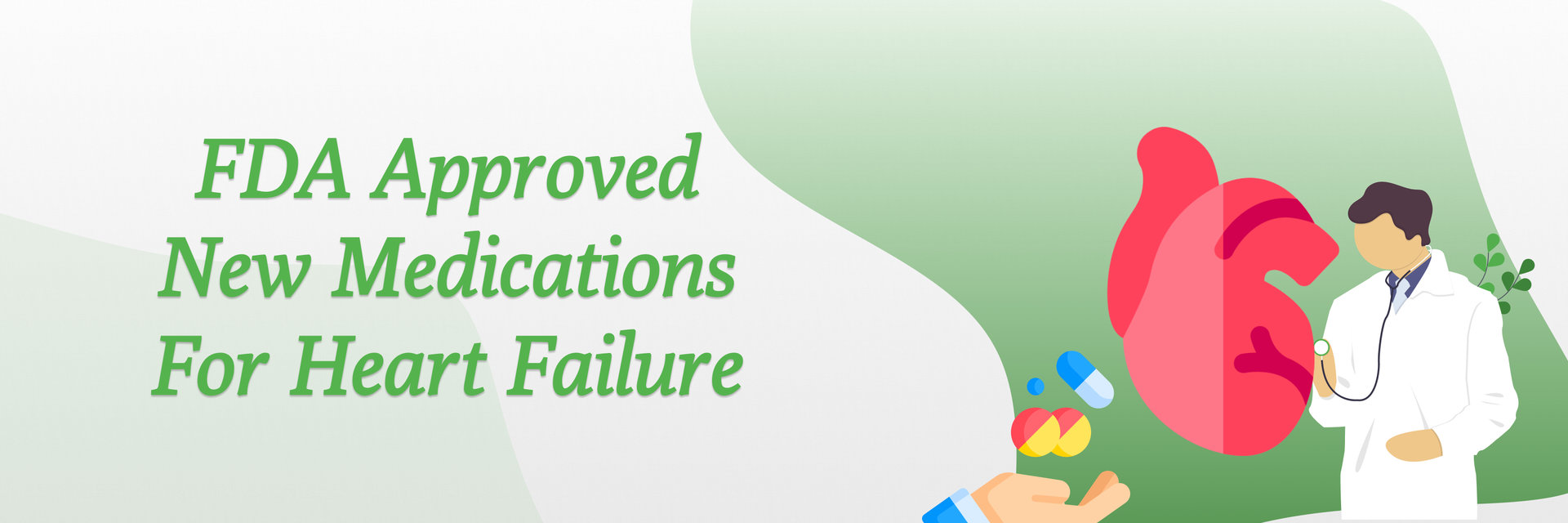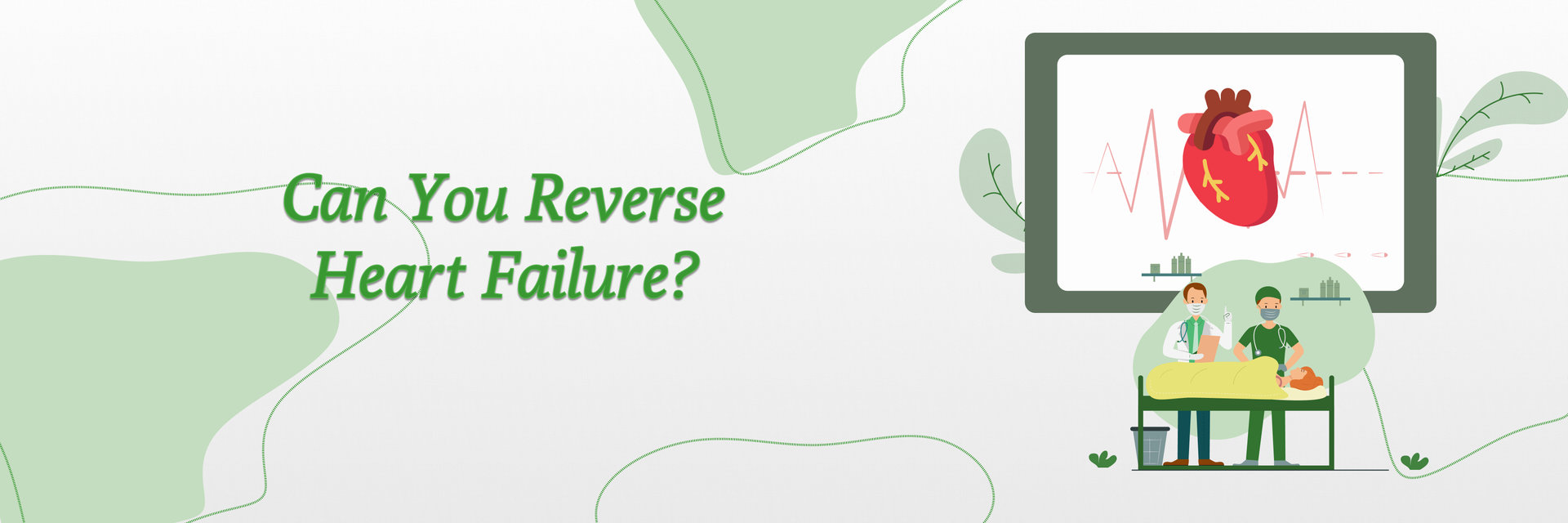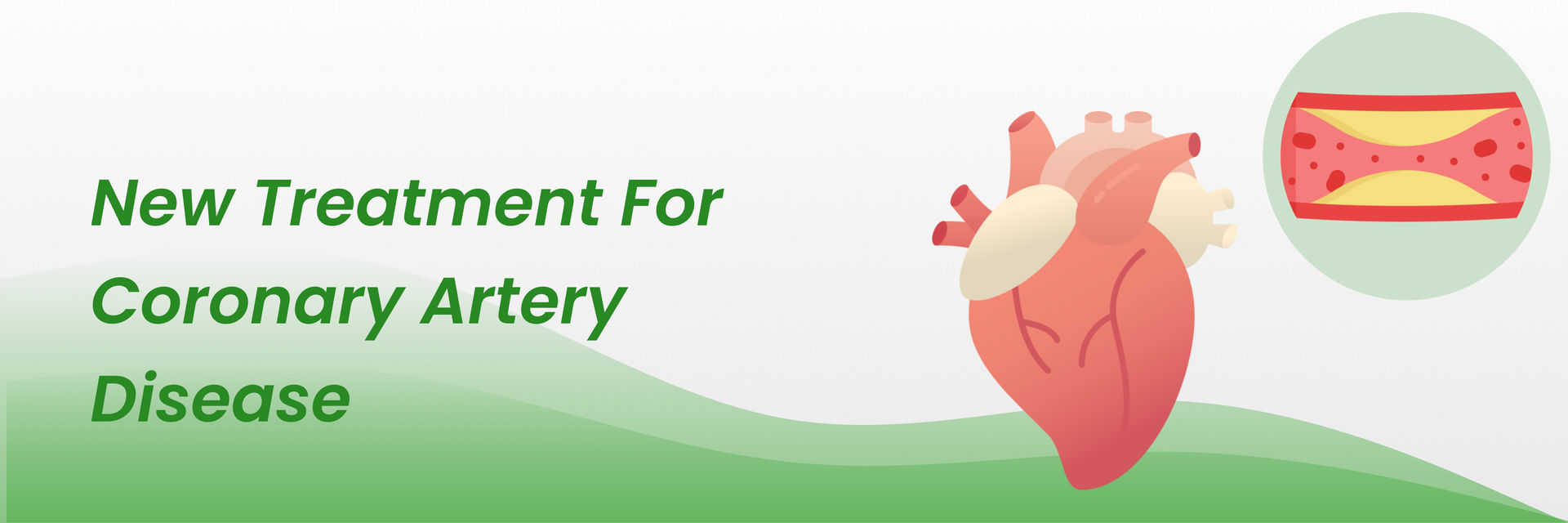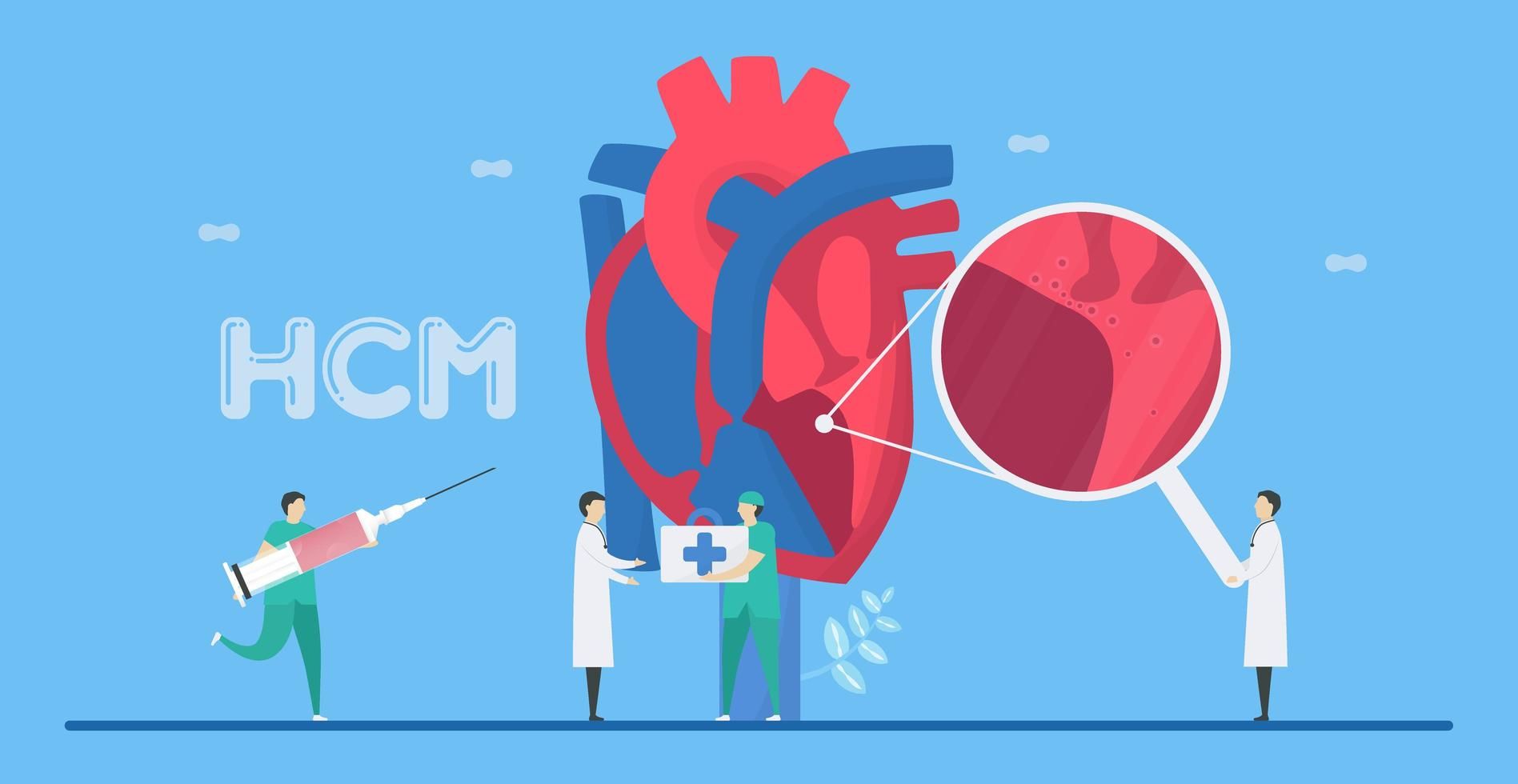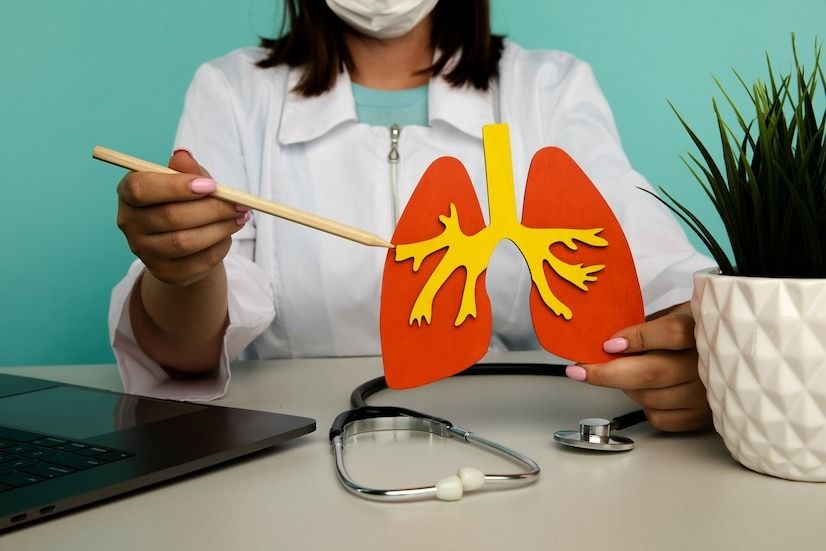High-Intensity Interval Training, commonly known as HIIT, has surged in popularity in recent years, capturing the attention of fitness enthusiasts and health-conscious individuals alike.
Why? Because HIIT workouts, characterized by short bursts of high-intensity exercise followed by periods of rest, have shown remarkable benefits for overall health and, notably, cardiovascular health.
This post will delve into the science-backed benefits of HIIT on cardiovascular health, offering an in-depth exploration of how this dynamic exercise method can aid in enhancing heart health.
Benefit 1: Improved VO2 Max
Credit: Livescience
In layman's terms, VO2 max is a measurement of the maximum amount of oxygen your body can use during intense exercise. It's a key indicator of your aerobic endurance, and can be thought of as your body's horsepower – the higher your VO2 max, the more power you have available when you need to push hard.
Imagine you're a cyclist. At first, you find it hard to keep up with the pack, but then you start adding some HIIT sessions into your routine. After a few months, you find yourself leading the pack on climbs and sprints. What changed? Well, with HIIT, you've effectively improved your VO2 max, meaning your body can now use more oxygen and generate more power when you need it.
In simple terms, regularly practicing HIIT workouts could help you run longer, swim further, or cycle at a higher intensity. It's like giving your body a bigger, better engine.
Benefit 2: Lowered Blood Pressure
Credit: NWPC
It's well-known that regular exercise can help decrease blood pressure, and HIIT is especially effective in this respect. During the intense bursts of a HIIT workout, your heart pumps hard to deliver oxygen-rich blood to your muscles, and in the process, your blood vessels become more flexible. Over time, this can lower blood pressure levels.
Let's use an analogy: imagine your cardiovascular system as a network of roads, your blood as cars, and your heart as the car engine. If the roads are narrow and congested (high blood pressure), the engine has to work harder to get the cars to their destination. But if you regularly perform HIIT workouts, it's like widening the roads and reducing traffic congestion - your 'engine' doesn't have to work as hard, leading to lower blood pressure.
Dr. Andrew Pieri, Cosmetic Surgeon at Andrew Pieri Clinic in an online interview said, “HIIT, with its characteristic high-intensity bouts, essentially helps improve your body's oxygen processing capacity and promotes cardiovascular health by reducing blood pressure. So, by incorporating HIIT into your routine, you are indeed taking significant steps towards better health and fitness.”
Benefit 3: Enhanced Cardiac Function
Cardiac function is essentially how well your heart can pump blood throughout your body. Study shows HIIT workouts greatly enhance heart function.
Having a healthy and strong heart is crucial for overall wellbeing and longevity. HIIT comes into play by targeting and strengthening your heart muscle in a unique and efficient way.
You see, during a HIIT workout, your heart rate escalates during the intense exercise bursts, forcing the heart to pump blood more efficiently to meet the increased demand from your muscles. This ebb and flow of intensity teaches your heart to adapt to varying demands, making it stronger and more resilient over time.
Think of your heart as the captain of a ship navigating through choppy waters (the intense intervals) and calm seas (the recovery periods). By regularly encountering these changing conditions, the captain becomes more skilled and adaptable, just like your heart becomes more capable of handling different stress levels after consistent HIIT workouts.
Dr. Scott Gray, from Back in Motion, who offers personal training in Fort Myers explains, “In real-life terms, improved cardiac function means everyday activities become easier. You might notice you're less breathless climbing stairs, or that you can chase after your dog in the park without feeling like you're going to keel over.”
Over time, this improved cardiac function could contribute to a longer, healthier life.
Benefit 4: Improved Blood Sugar Regulation and Insulin Sensitivity
Source: cdc.gov
Insulin sensitivity refers to how responsive your cells are to insulin - a hormone that helps control your blood sugar levels. Better insulin sensitivity means your body can more efficiently use the glucose in your bloodstream, which is key to maintaining stable energy levels and preventing conditions like type 2 diabetes explains Dr. Daniel Turner, D.C. Founder & CEO of DT Chiropractic.
So how does HIIT fit into this?
Well, HIIT workouts demand a lot from your muscles, including a rapid supply of glucose for energy. This glucose is released into your bloodstream and then absorbed by your muscles with the help of insulin. In other words, regular HIIT workouts can make your body better at processing glucose, enhancing your insulin sensitivity.
Consider it this way: If your body was a busy supermarket, glucose would be the customers and insulin the checkout clerks. Improved insulin sensitivity, thanks to HIIT, would be like opening more checkout lanes, allowing customers (glucose) to move out more quickly and efficiently.
In day-to-day life, improved insulin sensitivity could mean more stable energy levels, fewer energy crashes, and a reduced risk of developing type 2 diabetes. It's another powerful example of how HIIT can significantly impact your overall health beyond just physical fitness.
Benefit 5: Reduced Inflammation
Inflammation is your body's natural response to injury or illness. But when inflammation becomes chronic, it can lead to various health issues, including heart disease and cancer. The good news is, regular exercise, including HIIT, can help reduce chronic inflammation.
During a HIIT workout, your body releases anti-inflammatory substances to deal with the stress placed on your muscles and tissues. This response helps control inflammation not just in your muscles, but throughout your body. So, while you're sweating and pushing through those intense intervals, you're also helping to soothe inflammation in your body.
Imagine it like this: Your body is a kingdom, and inflammation is a fire breaking out. The king (your brain) sends out his best firefighters (anti-inflammatory substances) to extinguish the flames. With regular HIIT workouts, these firefighters become more experienced and efficient at their job, helping to keep the kingdom safe and calm.
In real life, reduced inflammation could mean fewer aches and pains, a healthier heart, and potentially even a lower risk of chronic diseases. So, every time you push through a tough HIIT workout, remember - you're doing more for your body than just burning calories. You're helping to create a healthier, happier you.”
Benefit 6: Improved Lipid Profile
Your lipid profile refers to the levels of different fats (lipids) in your blood, including 'bad' LDL cholesterol, 'good' HDL cholesterol, and triglycerides. An ideal lipid profile is key for heart health, as high levels of LDL and triglycerides, and low levels of HDL, can lead to the build-up of plaques in your arteries, increasing your risk of heart disease.
HIIT workouts can help improve your lipid profile by reducing the levels of LDL and triglycerides, and increasing HDL levels. During the high-intensity intervals, your body taps into fat stores for energy, which can lower your overall fat levels, including harmful LDL cholesterol and triglycerides.
Think of it like a cleanup crew for your blood vessels. The intense bouts of exercise help 'sweep away' some of the bad cholesterol and triglycerides, while the recovery periods allow your body to produce more of the good HDL cholesterol. Over time, this can result in a healthier lipid profile.
In day-to-day life, an improved lipid profile means a reduced risk of heart disease, and possibly even a longer, healthier life. It's another example of how HIIT can benefit your overall health in a variety of ways, explains David Owens, Training Expert at CPR training.
Benefit 7: Enhanced Stroke Volume
Stroke volume refers to the amount of blood your heart pumps out with each beat. The greater the stroke volume, the more efficient your heart is - it can deliver more oxygen-rich blood to your muscles without having to beat as frequently. This efficiency is beneficial for both your fitness level and your overall cardiovascular health.
HIIT comes into play by teaching your heart to pump more efficiently. The high-intensity intervals push your heart to work harder, forcing it to pump out more blood with each beat to meet your muscles' increased oxygen demand. Over time, this can result in a permanently increased stroke volume.
Consider your heart as a well-trained athlete. Just like the athlete trains to throw a ball further or jump higher, your heart, through HIIT, trains to pump more blood with each beat. It becomes stronger and more efficient, just like the athlete improves their performance.
In everyday life, an increased stroke volume could mean you feel less tired during physical activity, as your heart doesn't have to work as hard to supply your muscles with oxygen. It's another testament to the power of HIIT and its profound impact on your cardiovascular health.
Conclusion
High-Intensity Interval Training (HIIT) brings a cornucopia of benefits to those who incorporate it into their lifestyle. From improved VO2 max and lowered blood pressure to enhanced cardiac function and reduced body fat, HIIT offers a comprehensive package of benefits that contribute to robust cardiovascular health.
Moreover, the positive impacts of HIIT are not limited to physical health. Emerging research reveals the significant influence of HIIT on mental health, emphasizing the comprehensive health benefits of this exercise mode.
With the backing of scientific evidence, it's clear that HIIT stands as a potent tool for enhancing cardiovascular health and overall wellbeing. Whether you're a fitness enthusiast or someone just starting on your fitness journey, consider HIIT as a potential ally for a healthier heart and mind. As with any new exercise regimen, consult with a healthcare professional before starting HIIT to ensure it's appropriate for your individual health needs. Here's to healthier hearts and happier minds through HIIT!

